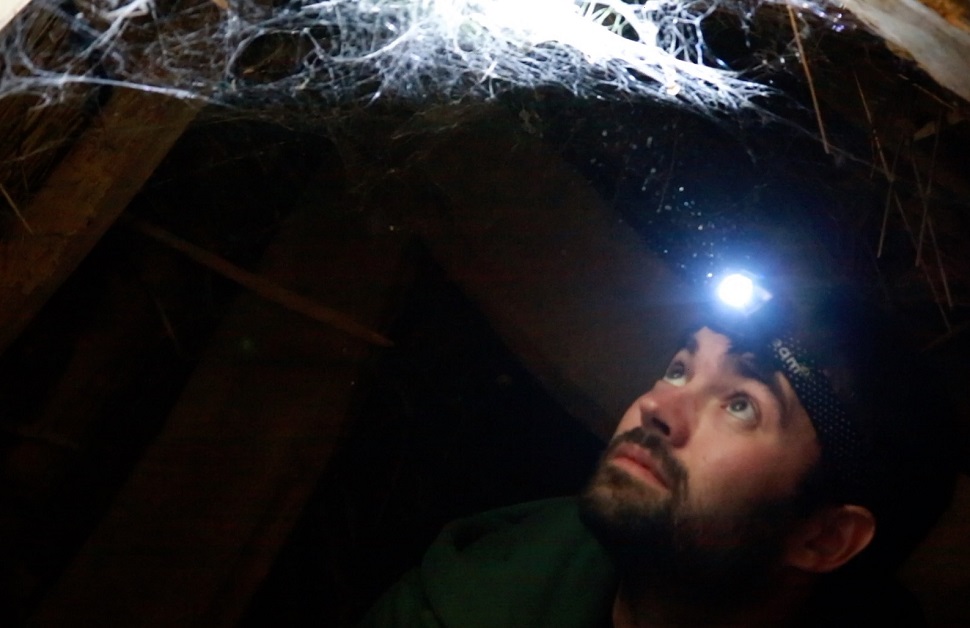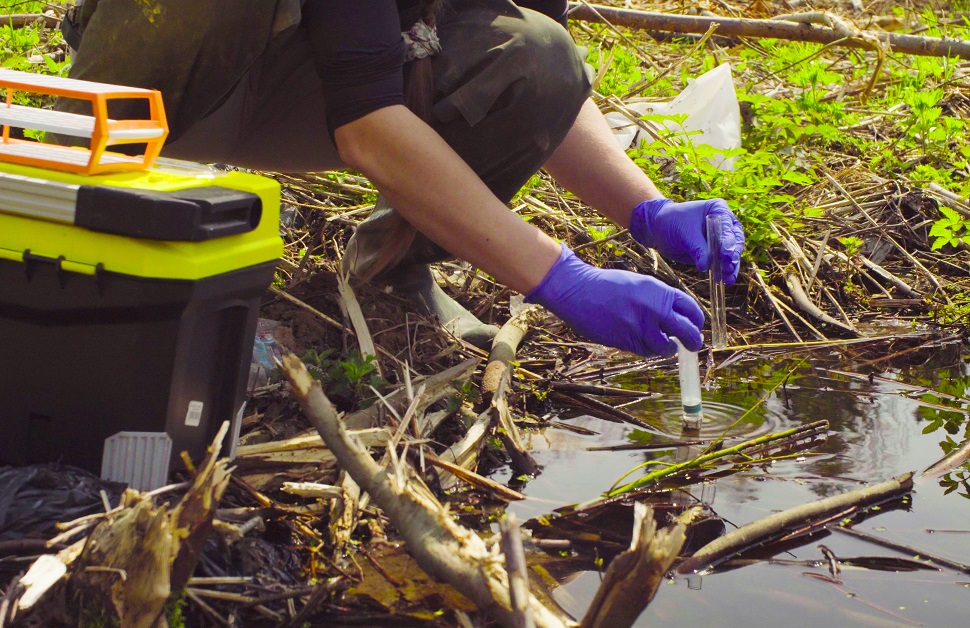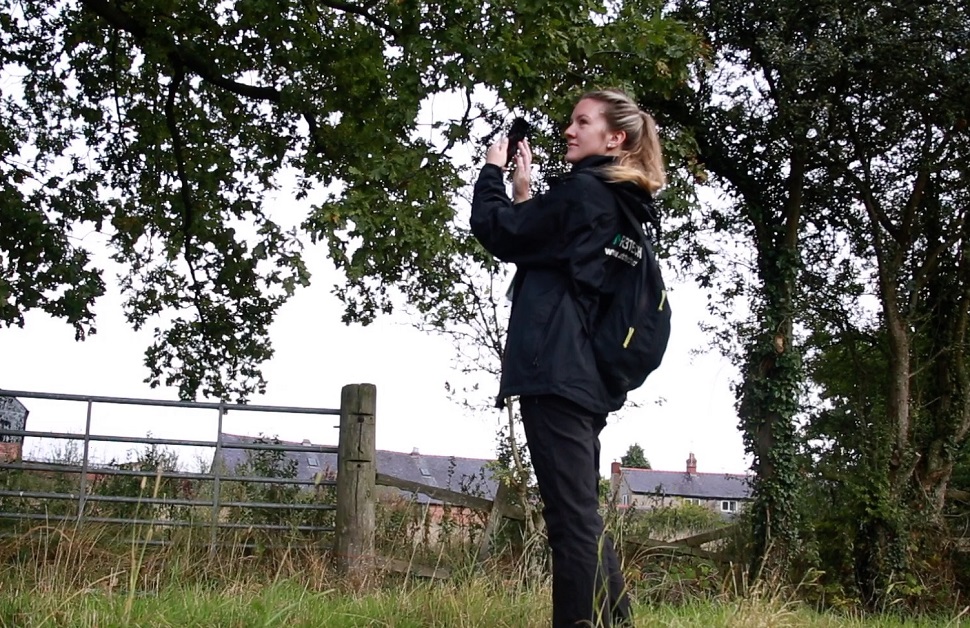Ecology is the ideal industry for people that have an interest in science and a drive to protect the natural environment and various animal species. Roles in ecology incorporate multiple skills and – with the right experience and qualifications – it is possible to move up the ladder as a senior ecologist or navigate into different areas.
With so many career opportunities and the rewarding sensation of doing a job that focuses on caring for the planet, working in ecology comes with a vast array of additional benefits such as a competitive salary, occasional travel, essential user car allowance, relocation package, flexible working hours and the ability to work home-based on a hybrid, remote basis.
In an effort to help people in the United Kingdom that are considering a career in ecology, the below sections advise on the selection of potential ecology roles, required qualifications, factors that could increase employability, and help with emerging as successful candidates in securing an ecology job.

What Are Some Ecology Jobs?
For anyone looking to get into ecology, the primary role that many people work towards is the fantastic opportunity to operate as an ecological consultant. In this role, it is their responsibility to carry out assessments on specific plots of land to offer expert insight on ecological matters, determine and analyse the types of animal habitats and plant species present on the site, ensure appropriate land management, project management and habitat management of present species, and develop appropriate next steps that will enable the client to go ahead with their land development plans in a way that is within the rules of wildlife legislation in the United Kingdom.
The primary ecological surveys conducted by ecologists consist of the Preliminary Ecological Appraisal (PEA) / Phase 1 Habitat Survey, Ecological Impact Assessment, Environmental Impact Assessment, Habitat Regulations Assessment (HRA), Ecological Walkover Survey, Building Research Establishment Environmental Assessment Method (BREEAM), Ecological Surveys for Code for Sustainable Homes and Biodiversity Net Gain (BNG) Assessment, as well as protected species surveys for badgers, bats, birds, barn owls, newts, otters, red squirrels, reptiles and water voles.
As well as progressing into roles as a senior consultant ecologist role, ecological development officer, principal ecologist, ecology technical director or other roles that act as an integral part of any ecology and environment team, other ecologists may also choose to work in a large or small ecology team for the UK government, local authorities, scientific bodies or wildlife conservation organisations such as the National Trust.
Careers Related to Ecology
Although a career in ecology offers plenty of variety and a unique opportunity for development and progression, you are also given the ability to move into different areas. For example, if you decided to change paths after earning the necessary qualifications and experience in ecology, you could choose to work in wildlife conservation, cultural heritage and environmental management for a recognised charitable organisation.
Alternatively, you could become a scientific researcher for councils, operate as a scientific communicator for nature based solutions charities, museums, universities or the media, transition into assisting nature with governmental policies, or move into education and work as a science teacher with a specialism in ecology.

Ecology Career Path
One of the important factors about achieving a career in ecology is that a certain level of education is required. In an effort to advise with choosing the most suitable college courses and university degrees, we’ve explained exactly what qualifications an aspiring ecologist should work towards:
Ecology College Courses
College and sixth forms offer courses in environmental science that give you an introductory understanding of climatology, ecology, geography and geology.
Applicants to this type of course will learn about the effects of human activity on the natural environment, the importance of sustainability, and the methodology around relevant areas. An alternative option would be to undertake a college or sixth form course in a related field such as applied science or biology.
Ecology Degrees
In order to become an ecologist, a degree in ecology or a relevant field is required. Undergraduate ecology degrees include Ecology BSc (Hons), Ecology and Conservation BSc (Hons), Ecology and Environmental Science BSc (Hons), Environmental Management and Ecology BSc (Hons) and Wildlife Ecology and Conservation Science BSc (Hons).
In terms of similar alternatives, an applicant could choose to undertake a university degree in agricultural science, biology, conservation biology, environmental science, forestry, marine biology or zoology.
Masters in Ecology
Although not necessarily mandatory, many applicants go on to undertake a master’s in ecology or a relevant field after completing an ecology degree. By doing this, they can broaden the range of more jobs they can apply for and boost their employability, making themselves more appetising and suitable candidates in the eyes of potential employers.
Depending on the specific master’s degree they choose, they could also specialise in a certain area of ecology. For example, this could include biodiversity, conservation, data science, environmental management, evolution or marine ecology.

Ecology Careers
Working in an area of ecology allows you to operate in a role that will always be relevant. As previously mentioned, as well as having the ability to develop into more senior areas as a consultant ecologist, you could also opt for flexibility and choose a different path.
Gaining specific qualifications will give you a stronger chance of forming a successful ecology career in your chosen area. However, there are other things you can do to strengthen your specialist knowledge and boost your employability.
Below, we have highlighted some of the things you can do to kickstart your career in ecology:
How to Start a Career in Ecology
If you want to start a career in ecology, it would be advisable to:
- Attend ecological conferences and relevant science festivals.
- Build your communication skills in preparation for speaking with clients.
- Display your self-motivation skills by volunteering on ecological projects.
- Gain work experience and internships at established and recognised ecological consultancies.
- Grow your profile on social media as an aspiring ecologist.
- Harness an in-depth knowledge of applicable areas, such as data analysis field survey work.
- Improve your species identification skills.
- Join an ecological society.
- Network with professionals and technical specialists in different areas of the ecology industry / environmental sector.
- Pick up additional qualifications outside of traditional education.
- Practice report writing.
- Read up on the guidelines of Natural England and Natural Resources Wales.
- Request mentoring from a principal ecologist or senior ecologist.
- Set a job alert for a relevant job type within a corresponding job category.
- Write about your experiences and knowledge of ecology and publish it in local newspapers and ecology magazines, or create your own online blog.

How to Get a Job in Ecology
After completing the necessary qualifications, gaining work experience at a recognised organisation, and potentially picking up an additional form of further education level, you should be at a point where you can begin to look for jobs in ecology.
Where to Find Ecology Jobs
As with job hunting in any industry, it is important that you find a company that is established, successful and recognised for treating employees correctly. At Arbtech, we pride ourselves on possessing a solid track record for looking after employees, enabling them to reach their full potential and offering a competitive salary.
If you are interested in taking the next step and learning more about what makes Arbtech a special place to work, check out the current vacancies.
Ecology Jobs Near Me
Due to the nature of ecology jobs, it is usually required that ecologists travel around certain sections of the country to cover a handful of areas. As a result, finding jobs based on location is more determined by regions rather than towns and cities. Arbtech, for example, has ecological consultant roles for specific counties in the United Kingdom such as Berkshire, Oxfordshire and Wiltshire.
Graduate Ecology Jobs
Traditionally, if an ecological consultancy were to offer graduate ecology jobs, it would only be under strict conditions that applicants have a master’s degree and reams of industry experience. However, another factor that makes Arbtech unique is that we open up opportunities to work closely with our team, offering graduate roles and internships to ecology graduates even if they have no existing experience and are suitably self-motivated.
Rather than monitoring a recruitment website and setting a job alert for new jobs based on job type, job category and additional job details, it would be more effective to keeps tabs on our own job board. For new jobs in ecology and more information on targeting the latest ecology jobs in the United Kingdom, you will find all available full-time, part-time and fixed-term contract graduate ecology jobs, assistant ecologist roles and internships on the current vacancies section of the Arbtech website.